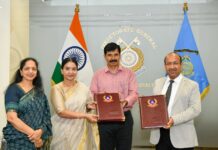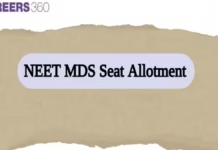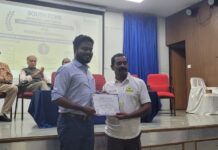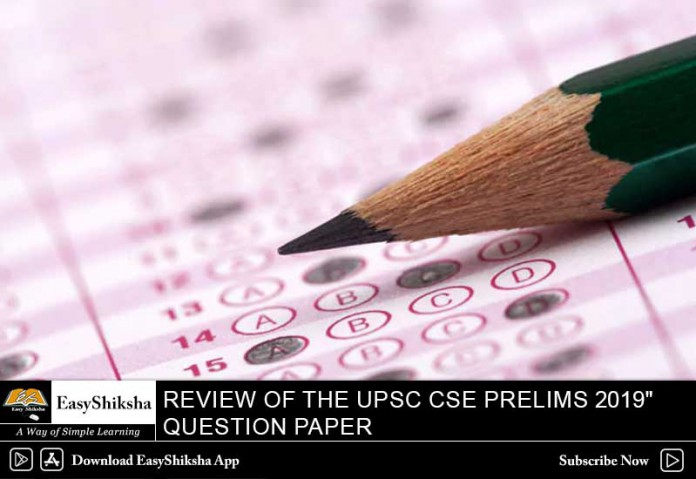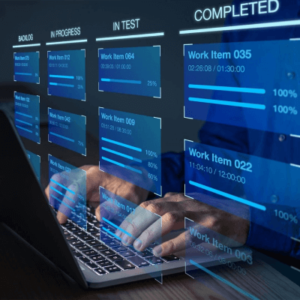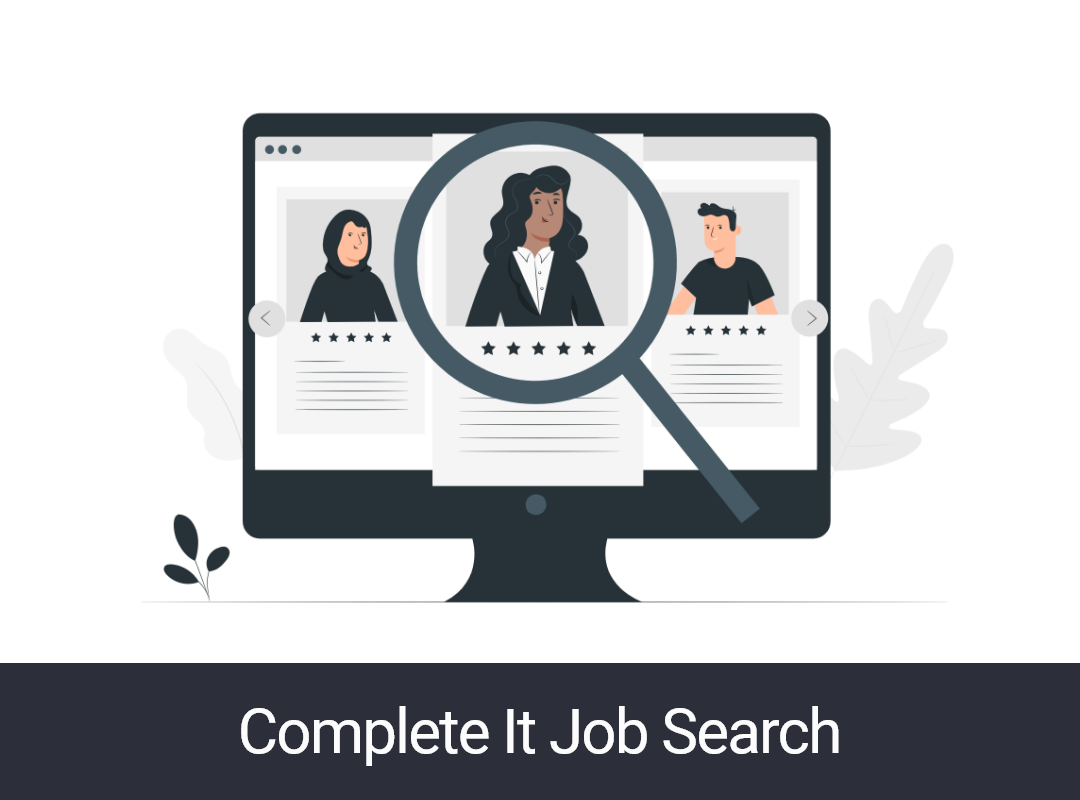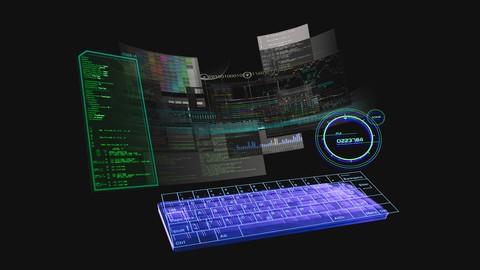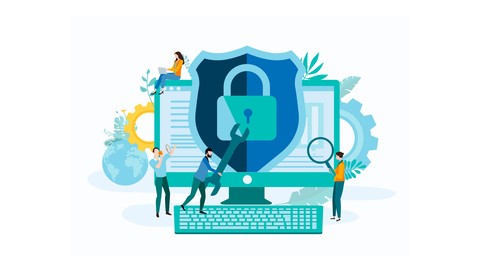The UPSC Civil Services Preliminary examination was conducted on June 2, 2019. This was the first of the three stages of UPSC selection process for the coveted career in the Indian bureaucracy. Students qualifying in the Preliminary examination (PT) would be allowed to write the Mains examination. The salient features of this year’s Preliminary examination include an emphasis on concept-based and opinion-based questions and a marked increase in the number of questions from Indian Economy and Culture. Dr. A.R. Khan, the Director of KSG, an Institute for IAS Exam, has come up with a detailed review and analysis of the General Studies Question Paper of the UPSC Civil Services examination 2019.

Important Announcement – EasyShiksha has now started Online Internship Program “Ab India Sikhega Ghar Se”

It is very usual for the UPSC Preliminary questions to have multiple sub-questions hidden in one question. This year was no different in that sense. This also makes the classification of a question into various disciplines as tentative because such sub-questions within one could be linked to different disciplines. “So please take this division that I am giving you with a pinch of salt,” qualifies Dr. Khan.
This year, questions from History got an upswing from which about 16 questions were asked. Also, these questions were predominantly from the Culture section. The Economy section also saw a big jump with 22 questions. From Geography, about 10 questions were asked; from Environment and Ecology about 15 questions; from Science & Technology 12 questions and from Indian Polity about 19 questions were asked. The Current Affairs, however, saw only 6 questions appearing in this year’s PT. Notwithstanding this number, some questions from Polity and Economy could also be categorised as that falling under the Current Affairs, making it to 12 to 16 questions in total.
This year’s PT paper was such that questions were requiring more of conceptual clarity rather than mere command on facts or rote learning. “In fact, I can say that if you have not been reading a few weeks before the examination, your performance is not going to be affected,” says Dr. Khan. In effect, this year’s question paper is more conceptual and less factual and students who had been preparing over a long period of time could be better placed to identify the right answer. Such concept-based questions came from most of the disciplines including History, Geography, Economy, Political Science and General Science.
Another important feature of this year’s question paper is that there was a marked increase in the opinion-based questions. According to Dr. Khan, through such questions the UPSC has been testing the reasoning sense of the students. His advice to the students to tackle such question: “When you are reading, don’t just stop at the facts, go beyond and think in your mind and then see what all dimensions that issue could have and what all opinions could be formed on that issue.” He also adds that when students are reading History, they must investigate the cultural perspective simultaneously. This is particularly important in questions dealing with painting and architecture where the cultural components have to be accounted for.
Top Courses in Software Engineering
More Courses With Certification
In Geography, there were a large number of regional questions that came up this year. Such questions require careful map reading and are generally considered easy to solve. In Geography too there were some questions which were conceptual in nature. This year also saw the return of the traditional regional questions such as those related to cities, rivers and glaciers. This underlines the fact that there is no fixed pattern in the UPSC.
Under the Environment section, one can observe textured questions in a sense that they have been hybridised. For instance, some questions have combined the Environment with Ecology, Environment with Science & Technology and Environment with Policy. Therefore, it is important that one should not read the Environment section in silos; rather it should be read with Science & Technology or Policy. Also, this year, some questions were pattern-based or trend-based, which could be identified with the attached phrases such as ‘how it is improving’ or ‘how it is changing’ or ‘put them in the descending order’. Questions on basic science appeared to have biasness towards Biology, a trend that is continuation of the past.
Apart from the opinion-based questions, there were also some common-sense questions. However, answering such questions require deeper understanding of the issue. Dr. Khan suggests that it is important to develop the reasoning capacity for successfully answering such questions that are based on opinion or common-sense. Similar approach should be adopted in the policy-based questions which also saw an increase in this year’s UPSC Civil Services Preliminary examination.
As there has been a constant increase in the policy-related questions, it is important that students keep an eye on policy changes, legislations brought about as well as the new Supreme Court judgements. Dr. Khan suggests that such issues should not only be covered as part of the Current Affairs but also taken up in their proper context. For instance, when one is reading about ‘right to life’ or ‘right to freedom’ or ‘right to liberty’, one should look into all related developments in that field. Such issues must invoke some kind of understanding in depth, not just factual cognizance. Finally, there is certain bias in the International Current Affairs issue.
Overall, the UPSC Preliminary examination of this year presented a slightly lengthy paper, but people who have done broad reading they would be definitely at an advantage. Dr. Khan’s tip to solve such question papers is the detailed study of issues. He also suggests students who have appeared in this year’s PT examination not to indulge too much in counting, matching and discussing the questions. Instead, they should get back to action and start preparing for the Mains.
Empower your team. Lead the industry
Get a subscription to a library of online courses and digital learning tools for your organization with EasyShiksha
Request NowALSO READ: jetking-revolutionises-education-sector-with-incorporation-of-virtual
Get Course: Android-Apps-Development












